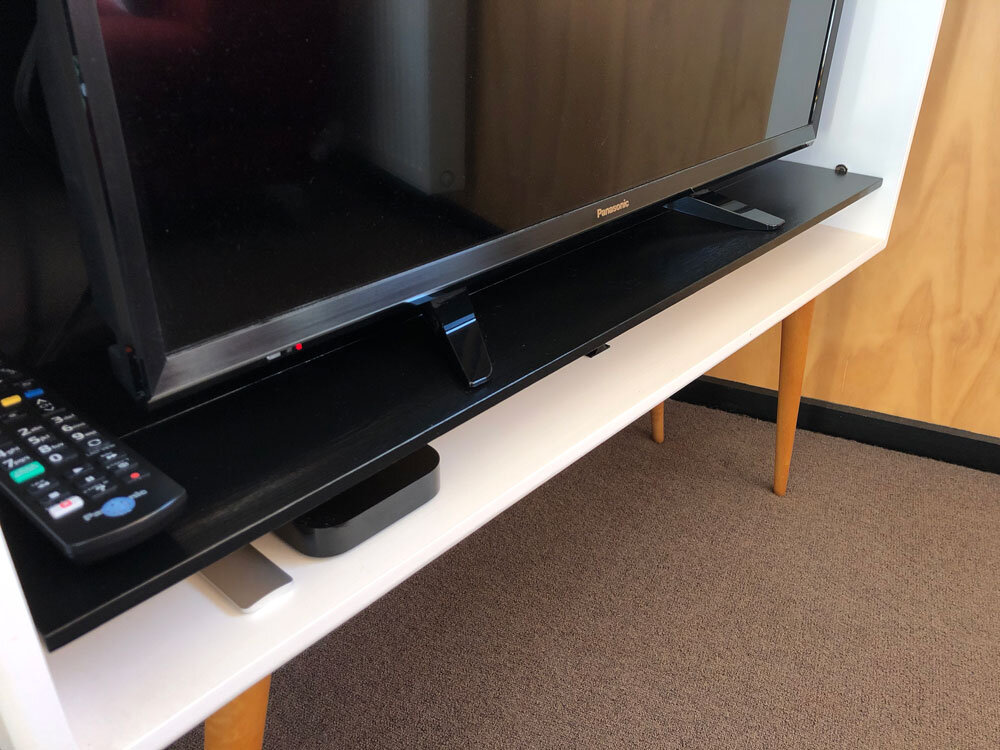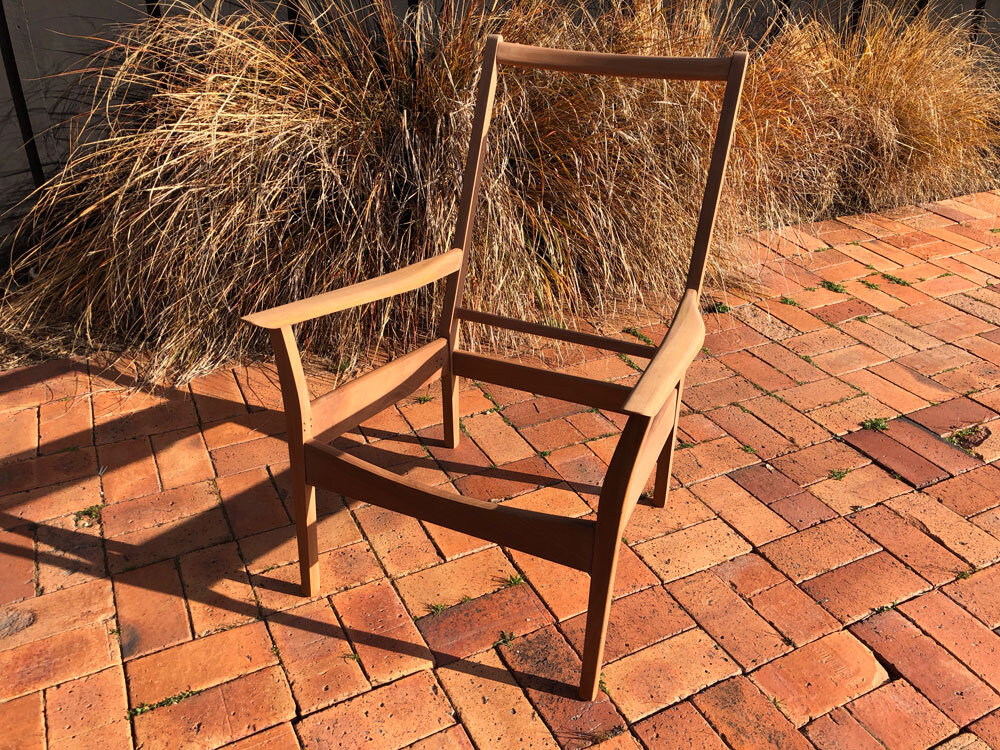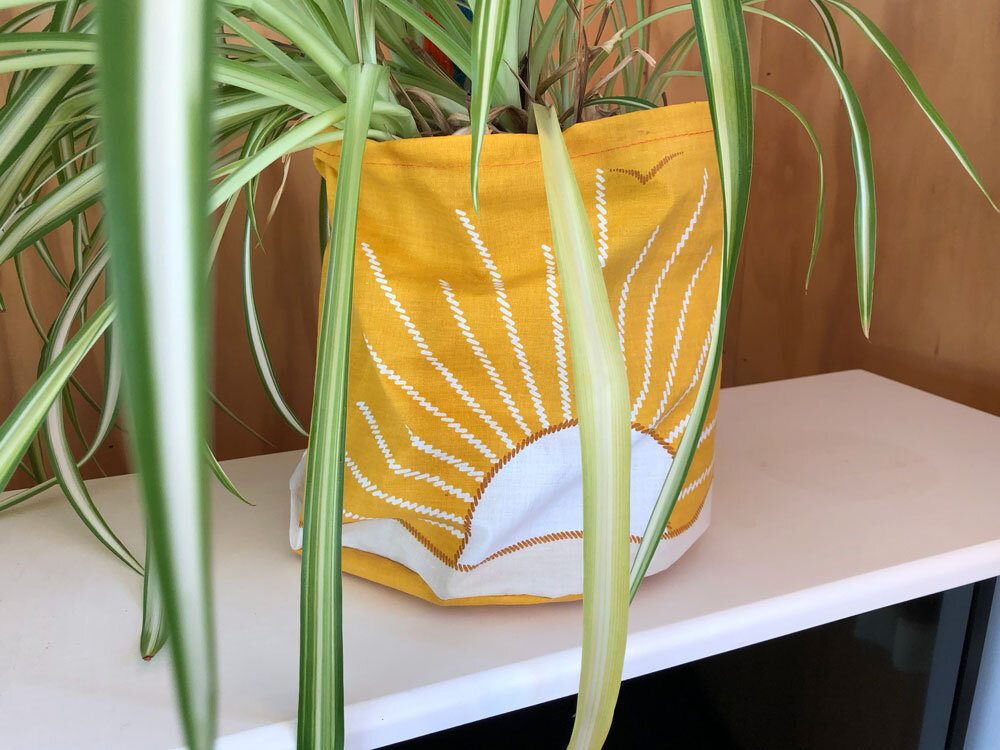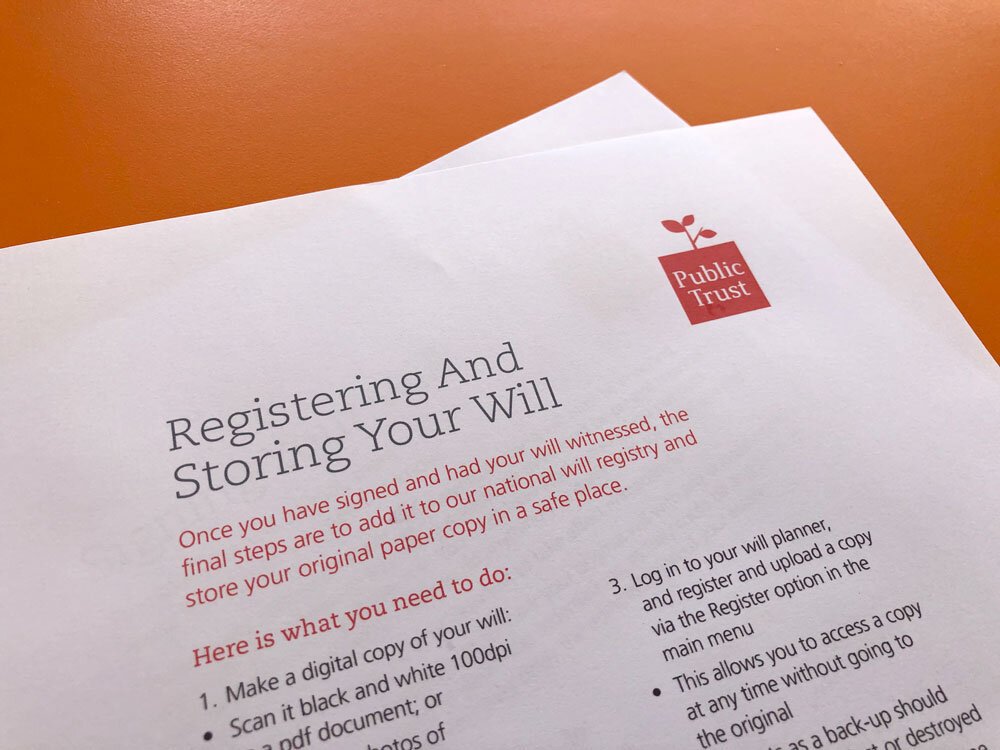In the unfortunate event of Death - Wills
28 Jun, 2020
Recently I have been making a list of all the jobs around the house that need doing, but are jobs that we always seem to put off:
Make a shelf for the TV to sit on - TICK
Start restoring the chair that was a pile of kindling - HALF TICK
Tidy storeroom - TICK
Make a plant pot cover - TICK
Update our wills - BIG FREAKING TICK
Updating our wills was the last on our list because I have been:
Procrastinating
Putting it off
Too busy living to think about dying
Waiting for a rainy day
During my upbringing, particularly when all five of us were making trouble at the same time, Mum and Dad would threaten to hand us over to our guardians, a family they had asked to take all of us on, if they were to die. It was written in their will they told us. A family that we liked to visit but that the thought of living with permanently filled us with absolute dread, and made us behave ourselves pretty quickly! I don’t know which I feared most about the prospect of living with them; being forced to go to church or having to listen to the Dad of the house constantly whistle while he played the dreadful piano accordion! So, the threat was always there, but so was the security of knowing that if something did happen to my parents, they had thought of our wellbeing. Or, given their choice for us, had they? It must have been slim pickings, who would want to take on five kids? Thankfully, it never became a reality for us though.
On Tuesday 15th June, it finally rained down here in Central Otago (rain is rare here), so the time had finally come to update our wills and I had run out of excuses!
It has been six years since we last updated our wills and a few things have changed, with the death of my Dad being one of them, so we wanted our wills to reflect this change, plus a few other tweaks to our life.
Every adult should have a will, but apparently many do not. If you have reached an age where you are starting to accumulate a few things: a car, KiwiSaver account, investments (or debt), then having a will means that if you die, your wishes as to what to do with those things are clearly explained to your family. If you don’t have one then it is taken out of the hands of your family to decide what you may have wanted and instead, the law decides how to distribute your assets, provide care for your loved ones and settle your debts. And this process takes a g e s, many many months and often years. Plus it creates stress for a family who is already really stressed out, something I don’t want my family to go through.
Once you do have a will, it does need to be updated from time to time as your circumstances change:
Maybe you have a child and want to nominate a guardian
Maybe you now have nieces and nephews and want to leave something to them
Maybe you got married or divorced
Maybe you had a falling out with a sibling and you don’t want to leave anything to them
Or maybe your found a worthy cause you would like to bequeath something to
By making sure that you have a current will you can relax and know that everyone understands your wishes and how you want your estate to be handled once you are gone.
And for someone like me, who likes to be organised, I can’t think of a better gift to give to someone who is grieving than to make it very clear what I want, so they don’t have to stress out about it. But, instead of just a will update, I have taken it a few steps further as I have decided to do a complete “redo” of all of our documents, our wishes etc so I can create a ‘one stop shop’ for my family to refer to after I’m gone.
There were three key resources I used:
Public Trust online
The Barefoot Investor For Families book by Scott Pape
Our current wills
Our current wills are already with Public Trust and we will continue to use them:
Te Tari Tiaki Iwi - “the organisation that takes care of people”
We chose Public Trust (after publishing this post, I was cheeky and rang them up and asked for a discount code for you that you can find at the end of this post!) because we have always moved around a bit, we don't currently have a lawyer and we have no long-standing family relationship with a lawyer either. Chances are that one day we will move to another town, so I liked the fact that they cover all of New Zealand and are experts at what they do. They are a Crown Entity and are one of New Zealand’s largest trustee organisations and the largest provider of wills and estate administration services in the country. Plus, they have more recently switched to creating a will online, so I was able to create an account, select the will I wanted to fill out (I just used a ‘standard’ one) and work my way through their checklist from the comfort of my own home.
When I die they oversee the winding up of my estate and they get paid for this, costs which they deduct from our estate. I am completely fine with this because they are experts in their field and will do it in the swiftest way possible. If I nominate a friend or family member to do this on my behalf, who has never done it before, it will take longer, cause a lot of work for THEM and it’s just not something that I want to burden them with.
The Barefoot Investor for Families book by Scott Pape has a section at the very end called “Your Legacy” and in it, he details how to let your legacy live on beyond your demise. He instructs you to create the “Fearless Folder”. It is not a name that resonates with me, I’m a bit more factual than that, but I’ve taken on board the gist of what he says and I’ve titled ours “In the unfortunate event of death”. I figure that if someone was rummaging through my things looking for information because I had just died, then this title should be an obvious clue!
A will all by itself is a very dry and formal document, which it needs to be so that there is no ambiguity and the will maker’s intentions are therefore very clear and easy to follow. But as we know, life is a lot richer and more complex than that, so I liked the idea of creating the will, while at the same time providing a resource that details the rest of my/our life. Scott’s book provides a “Fearless Folder Checklist” to work through, so that is exactly what I did, tweaking it to fit my own situation as I went along. Working through this I pretty quickly pulled our affairs together into one central place and I started with a note to whoever may end up reading it...
Here is how I have structured my folder:
FOLDER TITLE: In the unfortunate event of Death
Hi whanau,
The title of this folder sounds a bit grim and I’m sorry you had to open it, but fear not, this is a folder full of information to help you navigate the paperwork after my/our death - just in case, I/we don’t achieve immortality…
I know you are sad right now, I know I am, but at least you can get on with your grieving knowing that when the time is right and you need to ‘wind up’ my/our affairs, this folder is going to be a really handy guide to refer to.
So, that my name does not become a curse word or the basis for 20 questions…
“Where do you think she would have stored her passport so I can cancel it?”
“Who was her phone provider”?
“Who is her KiwiSaver with”?
This folder will answer all of those questions and many more.
And as to where I hid all the gold, I might just keep you guessing on that one! Just kidding! I’ve buried it in the %$#&^.
You’re welcome!
I love you.
Ruth (and Jonny)
Here is the list of questions, which I have provided answers to in my actual folder:
Who will raise our daughter if we both die?
At what age should our daughter receive her inheritance?
What happens to our assets if all three of us die?
Who should make medical decisions on my behalf if I/we can’t?
Who should make financial decisions on my behalf if I/we can’t?
When do I/we want the plug pulled?
Do I/we want our organs donated?
Who will take care of our pets?
What are my/our funeral wishes?
People who can help, and their details:
Who is the Executor of our will?
Who is our Accountant?
Who is our Lawyer*?
Who is our Financial Planner*?
* We don’t have one BUT here I offered recommendations to help if required
The Big List (account and login details):
Legal Names
Email addresses
Social Media accounts
Inland Revenue Numbers for tax purposes
Bank Accounts
Superannuation
Details of Investments
Investment Tracking Software
House title
Cars and their registrations
Insurance Policies
Household utilities
Medical Stuff
Our Net Worth:
All Assets
Any Liabilities
Personal Documents Enclosed in these folders:
Signed will
Enduring power of attorney
Birth/marriage certificates
Passports and driver's licence copies
Property deeds
Our Wishes:
I also took a moment to write a letter, noting down some of the more personal things that I wanted to get across to my whanau, things that can’t be put into a will.
Because I’ve always kept pretty good records, it didn’t take me long to bring all of this together into one place, it was really just a matter of making sure it was all up to date and I then started to write our wills. Jonny and I had talked it through so it was just a matter of filling in the blanks on the easy to follow online form. Once I felt it was complete, I still had the opportunity to edit and change it, so I tweaked it a bit before I was totally happy. I filled it out for myself and then clicked a button to create a ‘mirror will’ for Jonny. Total cost for both of us, $199. We then printed these out, had them signed by a friend who is not a relative, scanned them back in so they could be digitally registered with Public Trust and then filed our copy away in our folder.
The last time we wrote our wills there was a lot more back and forth as we filled out documents, worried we might have done something wrong and then posted documents away in what was quite a cumbersome process. But as with many things in life, the process of writing a will has been simplified and digitized as well. I still gave it the gravitas it was due, but to be able to tinker with it on my computer, making sure it was right, was a good process.
In the final pages of his book, Scott describes a woman, whose husband has just passed away (he was killed while running with the bulls - trust Scott Pape to inject a bit of humour) and although overwhelmed by grief and wondering where to start, she retrieves the folder, opens it up and on the first page reads:
“I love you.
I love you so much that I’ve prepared this folder for you.
It has everything you need to manage my passing.
As she reads through the Fearless Folder she feels a wave of relief wash over her...everything really is there.” (Barefoot Investor for Families).
That is the feeling I want to create for my own family, after I have gone.
The last thing for me to do is to lock all of this away in a Fireproof safe and hide the key.
And hopefully not forget where I put it!
I know!
I’ll keep it where I keep the gold!
Perfect!
Jokes aside, we will share this information with a trusted family member because there would be nothing worse than taking the time to create the perfect helpful plan that no-one could find.
So, have a think about doing this for your own family. I’m not going to lie, it is a bit of a sombre experience, especially the letter writing part. I’ve personally experienced the troubles that not having a will, or having a long out of date will can cause when someone passes, where family members go head to head with each other and never manage to repair the relationship. I don’t want that for my family, I want there to be no confusion, no “what if’s”, just a clear outline of my wishes and that way I can rest in peace.







